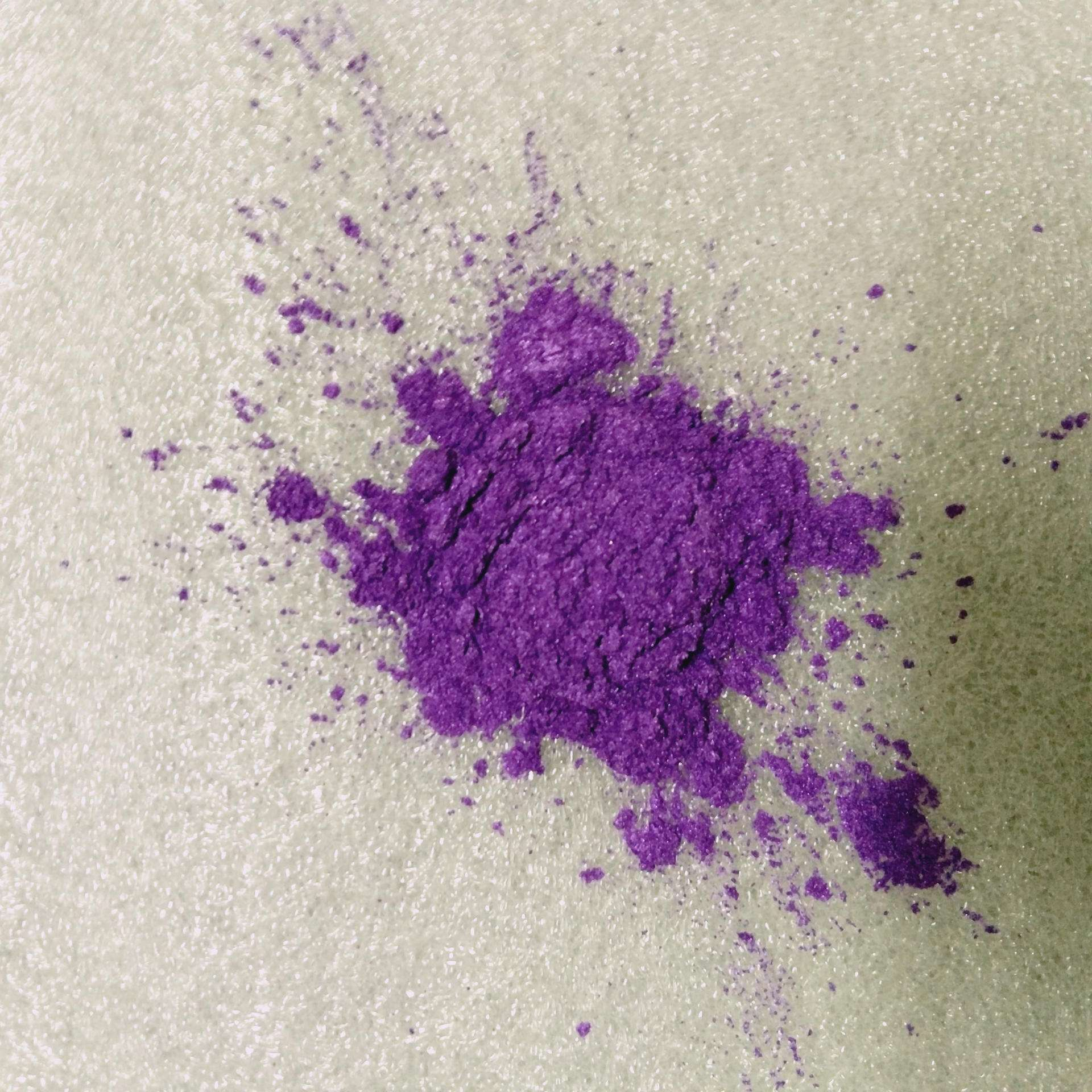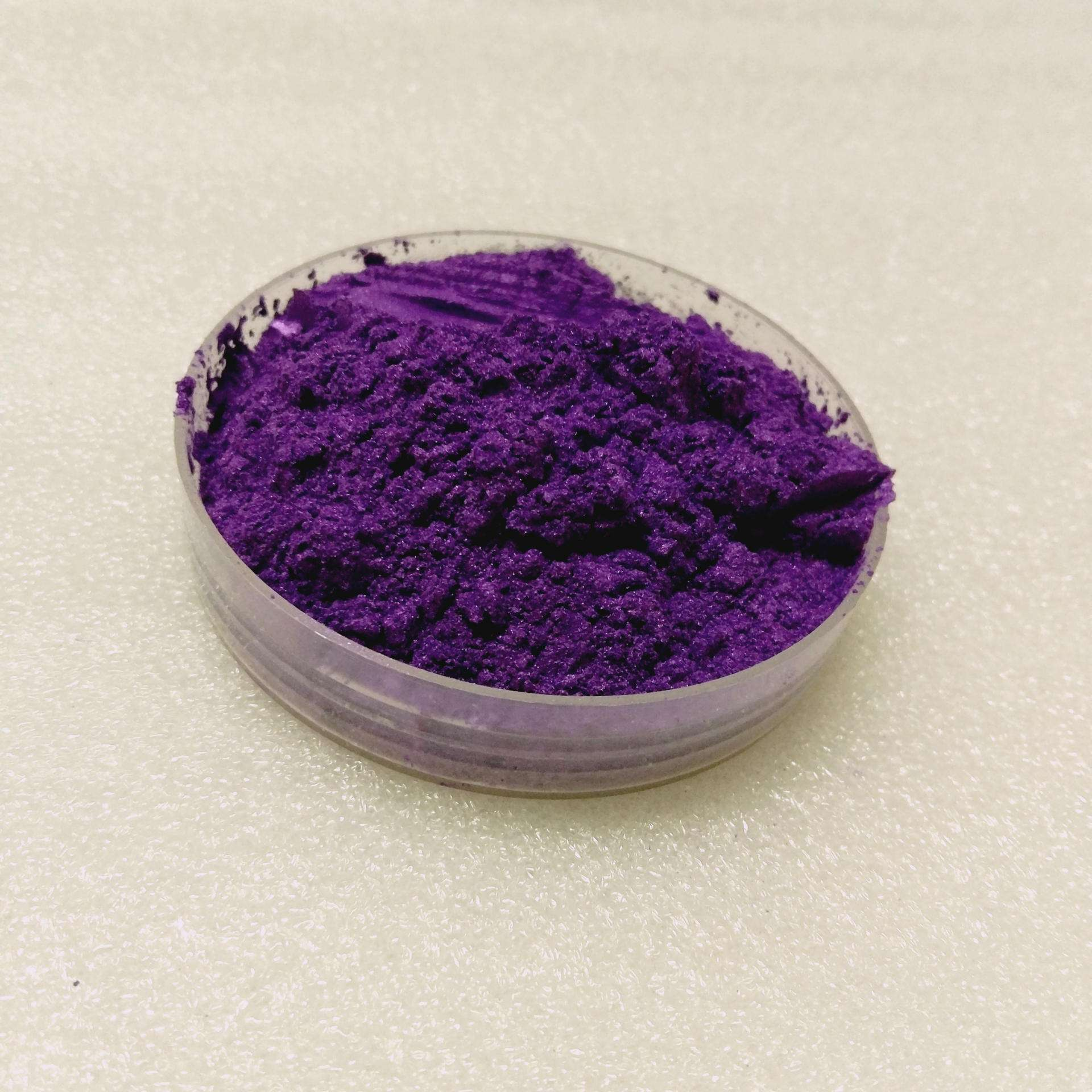NAMED POPULAR HABIT OF “KILLING” THE INTESTINES

What are the dangers of regular use of chewing gum. Gum interferes with the small intestine.
Titanium dioxide (E171, titanium white) is a food additive that is used as a dye for chewing gum, candy, bakery products and other popular food products. A new study by Binghamton University experts have shown that its regular use prevents the cells of the small intestine to assimilate nutrients and efficiently perform the functions of immunological protection.
The researchers subjected cell cultures of small intestine to a four-hour exposure to nanoparticles of titanium dioxide, simulating a single dose of dyed food and its regular consumption (three times over five days).
Single exposure had little effect on intestinal cells, but chronic exposure to titanium dioxide reduced the number of absorptive projections on their surface. This is due to the weakening of the intestinal barrier, slower metabolism and the deterioration of the absorption of certain nutrients – iron, zinc and fatty acids.
Regular use of nanoparticles of titanium dioxide is related to weakening of the intestinal barrier, slower metabolism and the deterioration of the absorption of iron, zinc and fatty acids.
– Titanium oxide is a popular nutritional supplement, people eat it a lot. Don't worry, it won't kill you. But some of its effects to know all the same will not interfere, says Gretchen Mahler, co-author of an article published in the journal of NanoImpact. – Titanium dioxide nanoparticles alter the function of the small intestine. To reduce their impact, need to avoid processed foods, especially gum and candy.
Titanium dioxide is considered a safe colorant, and from entering into our body is almost inevitable. The inert insoluble material is commonly used in the production of paints, paper, plastics, soap and cosmetics. It is also an active ingredient in mineral-based sunscreens and blocks UV light.
In the digestive system, titanium white falls through toothpastes, powdered sugar, skim milk, candy and chewing gum. Scientists from the University of Arizona in 2012 tested 89 popular food products and found that they all contain titanium dioxide.













